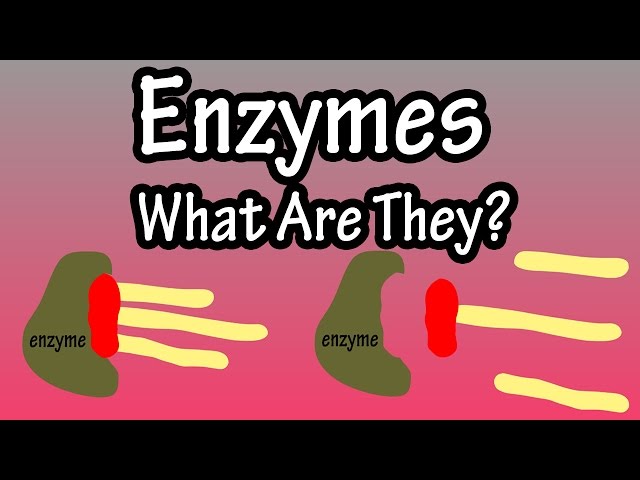- Empty cart.
- Continue Shopping
How the Body Processes Enzymes

Enzymes are the unsung heroes of our biological systems. They are the catalysts that facilitate countless biochemical reactions in our bodies, making life as we know it possible. But how exactly does the body process these vital proteins?
What Are Enzymes?
Before we explore the processing of enzymes, it’s crucial to understand what they are. Enzymes are specialized proteins that speed up chemical reactions. They work by lowering the activation energy required for a reaction to occur, effectively making processes more efficient. From digestion to DNA replication, enzymes play a pivotal role in a wide array of physiological functions.
The Origin of Enzymes
Enzymes are primarily produced within the cells of our body. The DNA in the cell nucleus contains the instructions for making these proteins. Through a process called transcription, a specific segment of DNA is converted into RNA. This RNA then serves as a template for building the enzyme during translation, a process that occurs in the cell’s ribosomes.
Enzyme Activation
Once synthesized, enzymes often exist in an inactive form known as a zymogen or proenzyme. Activation is a crucial step in the enzyme’s journey. This usually involves the removal or modification of specific amino acid sequences, which changes the enzyme’s shape and makes it functional. For example, the digestive enzyme pepsin is initially produced as pepsinogen, an inactive form that is activated by stomach acid.
Localization and Transport
Enzymes don’t operate in isolation; they need to be in the right place at the right time. Some enzymes function within the cell where they are produced, while others are transported to different parts of the body. The circulatory system often serves as a highway for these enzymes, delivering them to target organs or tissues. Specialized carrier proteins may also assist in this transport.
Enzyme-Substrate Interaction
The next phase in the enzyme’s journey is the interaction with its substrate—the molecule it acts upon. Enzymes have a specific region called the active site, where the substrate binds. This interaction is highly specific, often described as a “lock and key” mechanism. Once the substrate is bound, the enzyme facilitates the chemical reaction, converting the substrate into one or more products.
Regulation of Enzyme Activity
The body has intricate mechanisms to regulate enzyme activity. This ensures that enzymes are active only when needed, preventing unnecessary reactions. Regulatory molecules can either inhibit or enhance enzyme activity. Additionally, feedback loops often exist where the end product of a reaction can inhibit the enzyme, ensuring that the body doesn’t produce more of a substance than it needs.
Enzyme Degradation and Recycling
After fulfilling their roles, enzymes are not left to accumulate within the body. They are broken down and their components are recycled. This degradation usually occurs in the lysosomes—special compartments within cells filled with enzymes that break down waste materials and cellular debris.
Conclusion
Enzymes are indispensable to human physiology, facilitating a myriad of biochemical reactions that sustain life. From their synthesis and activation to their specific functions and eventual degradation, enzymes are tightly regulated and highly specialized. Understanding how the body processes enzymes not only deepens our appreciation for these biological catalysts but also opens avenues for medical research and treatment options.
By comprehending the journey of enzymes within the body, we can better appreciate the complexity and efficiency of our biological systems. This knowledge is not just academically enriching; it has practical applications in fields like medicine, biotechnology, and nutrition, offering us the tools to improve health and well-being.
So the next time you enjoy a meal or go for a run, remember the enzymes that make it all possible. They may be microscopic, but their impact is profoundly significant.








